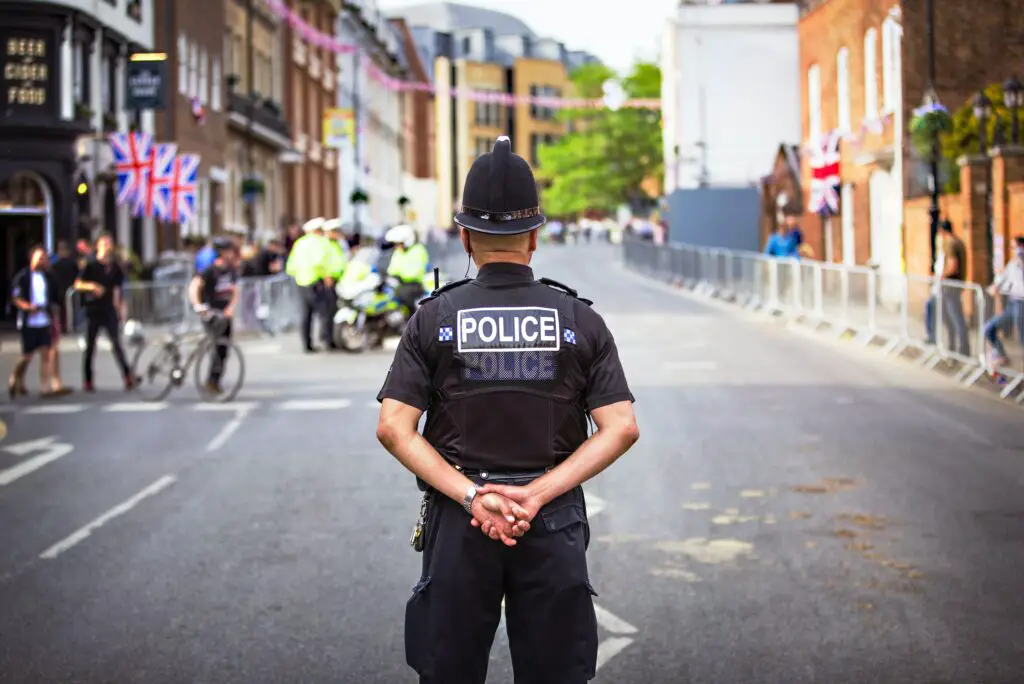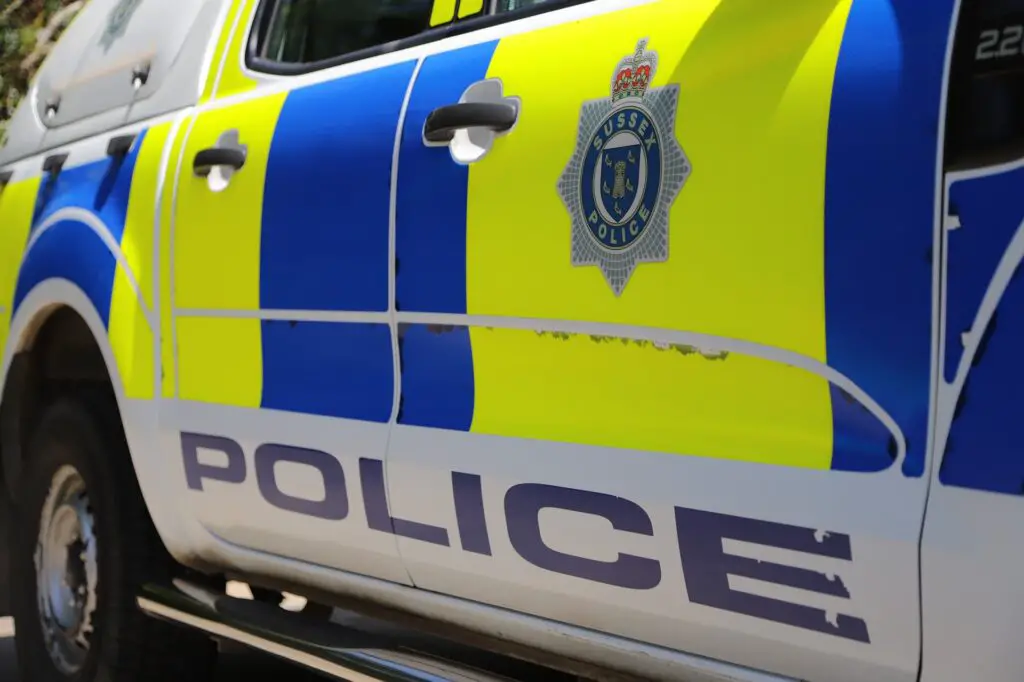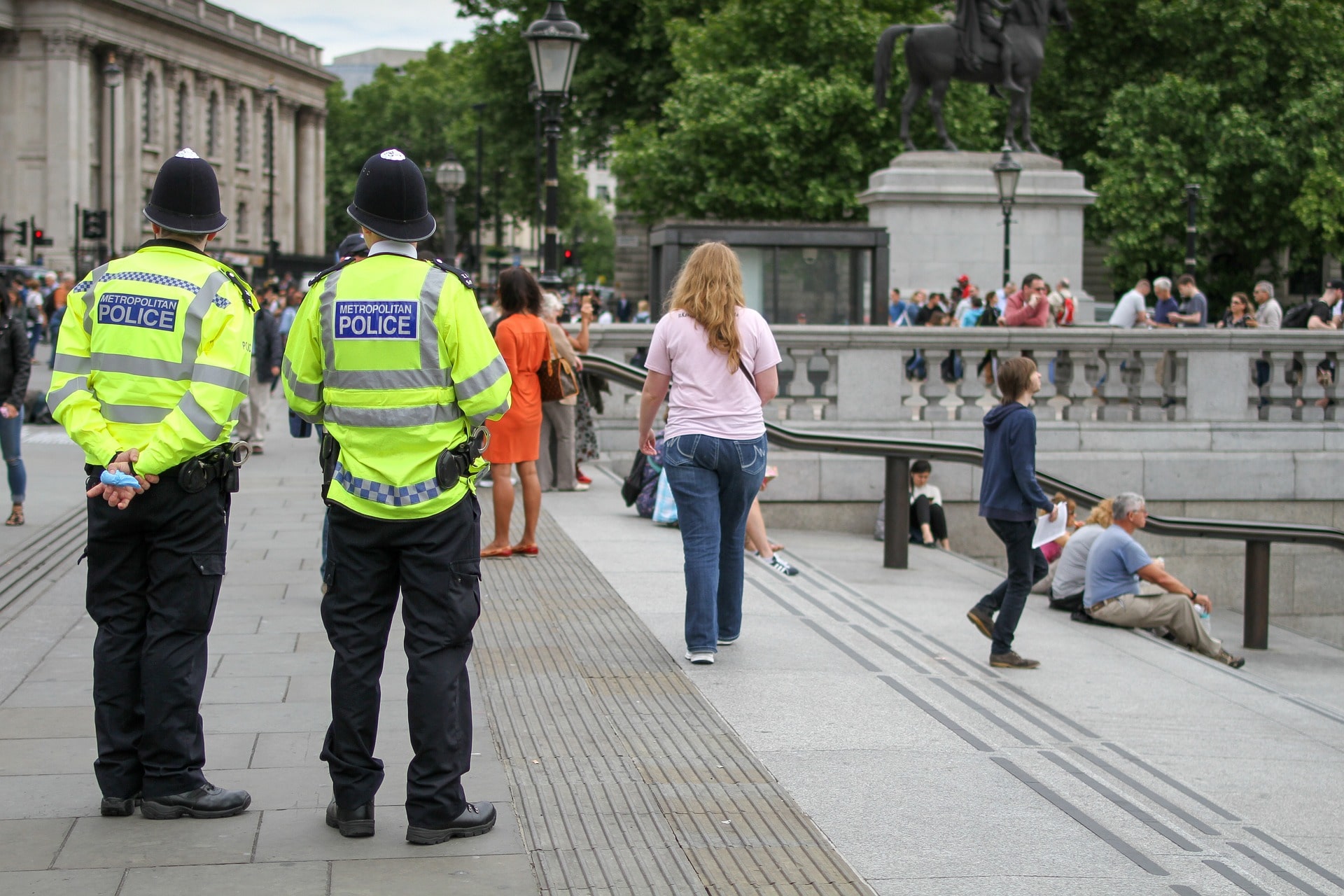As a solicitor, I have seen my fair share of neighbour disputes over the years. Whether it’s a boundary dispute, noise complaint, or something more serious, these types of conflicts can be incredibly stressful and disruptive and maybe you are wondering if you should contact the police about your neighbour dispute.
While it’s always best to try and resolve neighbour disputes amicably and without the need for legal intervention, there are times when involving the police may be necessary. However, it’s important to remember that involving the police should always be a last resort and should only be done after other avenues for resolution have been exhausted.
In this post, I want to provide you with a guide to the dos and don’ts of involving the police in a neighbour dispute. I’ll explain when it might be appropriate to involve the police, as well as situations where involving the police could make the situation worse.
By the end of this post, you should have a better understanding of how to handle a neighbour dispute and whether involving the police is the right course of action for your particular situation.
Dos of Involving the Police in a Neighbour Dispute
There are certain situations in which involving the police may be appropriate when dealing with a neighbour dispute.
Here are some examples:
- Threats of Violence: If you or someone else in your household has been threatened with violence or physical harm by a neighbour, it’s important to involve the police right away. This type of behaviour is not only illegal, but it’s also a serious safety concern. Calling 999 in this situation would be appropriate.
- Ongoing Harassment: If your neighbour is engaging in ongoing harassment, such as repeatedly calling your home, sending you unwanted messages, or making false allegations against you, it may be necessary to involve the police. Harassment is a criminal offence and can have serious consequences. Unless you are in immediate danger you should contact your local police station to make the report, instead of calling 999.
- Property Damage: If your neighbour has damaged your property intentionally or negligently, involving the police may be necessary to hold them accountable and seek compensation for the damage. If your neighbour is on your property and causing damage then 999 would be reasonable, however, if they have left and you are not in danger then it would be better use of police time to call your local police station.
999 should only be called in an emergency and you are in danger and anything that is not an emergency can be reported to your local police station. If your neighbour is breaking the law in any other way, then you should call the police.
Before involving the police in a neighbour dispute, it’s important to take some initial steps to try and resolve the conflict on your own (this is only if the matter is not an emergency and you are not in danger).
This can include:
- Communication: Sometimes, simply talking to your neighbour can resolve the issue. Try to approach the conversation calmly and respectfully, and explain your concerns in a non-confrontational way.
- Mediation: If direct communication doesn’t work, you may want to consider mediation. A mediator can help facilitate a discussion between you and your neighbour and find a mutually agreeable solution. I have an article with further information about using mediation to help solve your neighbour dispute that you can read here.
- Documentation: If you do end up involving the police, it’s important to provide them with detailed and accurate information about the situation. This can include keeping a log of any incidents, taking photos or videos of any damage, and gathering witness statements if possible. I also have an article on gathering evidence for a neighbour dispute that you can read here.
Remember, involving the police should always be a last resort when it comes to neighbour disputes. However, if you feel that your safety or property is at risk, it may be necessary to involve the police to find a resolution.

Don’ts of Involving the Police in a Neighbour Dispute
While there are certain situations where involving the police may be necessary, there are also times when it’s not the best course of action.
Here are some situations in which involving the police might not be appropriate:
- Noise Complaints: While noise complaints can certainly be frustrating, involving the police may not be the best way to handle the situation. In many cases, simply talking to your neighbour and explaining the impact their noise is having on you can be an effective way to find a solution. If talking doesn’t work, then you should contact your council to make a noise complaint.
- Minor Property Disputes: If you and your neighbour are having a disagreement over a minor property issue, such as where to place a fence or tree, involving the police is unlikely to be helpful. These types of disputes are typically best resolved through negotiation or mediation, rather than legal intervention.
- Personal Disputes: If your neighbour is doing something that bothers you on a personal level, such as displaying offensive signs, involving the police may not be the best course of action. Instead, you may want to try talking to your neighbour and explaining how their behaviour is impacting you.
In these situations, involving the police could actually make the situation worse. It’s important to remember that involving law enforcement can strain relationships with neighbours and may even lead to legal consequences if the situation escalates.
If you’re unsure whether involving the police is appropriate for your particular situation, it’s always a good idea to call your local police station or a solicitor. They can provide guidance and help you understand your rights and responsibilities when it comes to neighbour disputes.
Tips for Successfully Involving the Police
If you’ve decided that involving the police is the best course of action for your particular neighbour dispute, there are several things you can do to increase your chances of a successful outcome.
Here are some tips to keep in mind:
- Keep a Detailed Record: Before involving the police, it’s important to keep a detailed record of the dispute. This can include dates and times of incidents, descriptions of what happened, and any witnesses who may have seen or heard what occurred.
- Document Evidence: If there’s any physical evidence of wrongdoing, such as threatening messages or damaged property, be sure to document it as thoroughly as possible. This can help the police build a stronger case if charges are eventually filed.
- Stay Calm and Respectful: When interacting with the police, it’s important to remain calm and respectful. Getting angry or confrontational is unlikely to help the situation and could even lead to legal consequences.
- Be Honest and Transparent: It’s important to be honest and transparent with the police about the dispute. If you’re not forthcoming with information, it could make it more difficult for the police to help you find a resolution.
The Metropolitan Police have some further information about the police and neighbour disputes that you can read here.
Remember, the ultimate goal of involving the police should be to find a peaceful resolution to the dispute. By following these tips, you can increase your chances of a successful outcome and minimise the risk of further conflict with your neighbour.

What you Should Expect if You Contact the Police About a Neighbour Dispute in the UK:
If you’re considering involving the police in a neighbour dispute, it’s important to have a clear understanding of what to expect. While every situation is different, here are some general guidelines that can help you prepare:
- Initial response: When you first contact the police about a neighbour dispute, you’ll likely be asked to provide some basic information about the situation. This may include details about the nature of the dispute, any incidents that have occurred, and whether anyone has been threatened or harmed. The police may also ask you for your name and contact information and may request that you provide a statement about the situation.
- Assessment: After you’ve provided the initial information, the police will assess the situation to determine whether it falls within their jurisdiction and whether further action is required. Depending on the nature of the dispute, the police may decide to speak to your neighbour, visit your property to gather evidence, or take other steps to address the situation.
- Action: If the police decide that further action is required, they may take a number of different approaches depending on the circumstances. For example, they may issue a warning to your neighbour, issue a fixed penalty notice or caution, or make an arrest if criminal activity is suspected. The police may also refer the matter to other agencies or departments if they believe that would be appropriate.
- Follow-up: Depending on the outcome of their assessment and any action taken, the police may follow up with you to provide an update on the situation. They may also ask you to provide further information or evidence if it’s needed to support their investigation.
It’s important to keep in mind that involving the police in a neighbour dispute should be a last resort, and that there’s no guarantee that the police will be able to resolve the situation to your satisfaction. However, by following the dos and don’ts outlined in our previous sections, you can increase your chances of finding a positive outcome and resolving the dispute with your neighbour.
FAQs About Police and Neighbour Disputes
You should not call the police about loud music in the UK. Your first step should be to talk to your neighbour to see if you can resolve the issue amicably. If you can’t, then you should make a noise complaint with your council.
If the behaviour is not an emergency then you can call 101 or Crimestoppers to report the issue. If the anti-social behaviour is an emergency (i.e someone is in danger), then you should call 999.
You should contact the police if you are concerned your neighbour could be hurt. If you are concerned about domestic violence but the issue is an emergency, then you should call 101 to report the behaviour.
The police will not deal with a barking dog, as it is not a police matter. Excessive noise from a barking dog is classed as a noise nuisance. You should contact the Environmental Health department at your Council and they will be able to investigate the issue.
If someone is setting off fireworks that are a danger to people or damaging property then you can call the police. It is not illegal for your neighbours to set off fireworks if they doing it safely and within the reasonable hours.
Conclusion
Neighbour disputes can be frustrating and stressful, and sometimes it can be difficult to know how best to resolve them. While involving the police may be appropriate in some situations, it’s important to carefully consider whether it’s the right course of action for your particular dispute.
Ultimately, the goal of involving the police should be to find a peaceful resolution to the dispute. If you’re unsure whether involving the police is the best course of action for your situation, or if you need additional support and resources, consider reaching out to the council or a solicitor.
By following the dos and don’ts outlined in this post, and by approaching the situation with a thoughtful and measured approach, you can increase your chances of finding a positive outcome and resolving the dispute with your neighbour.





Leave a Reply